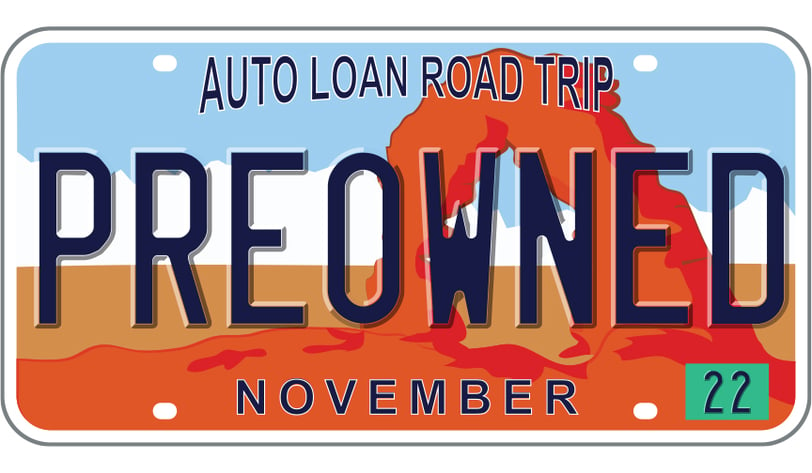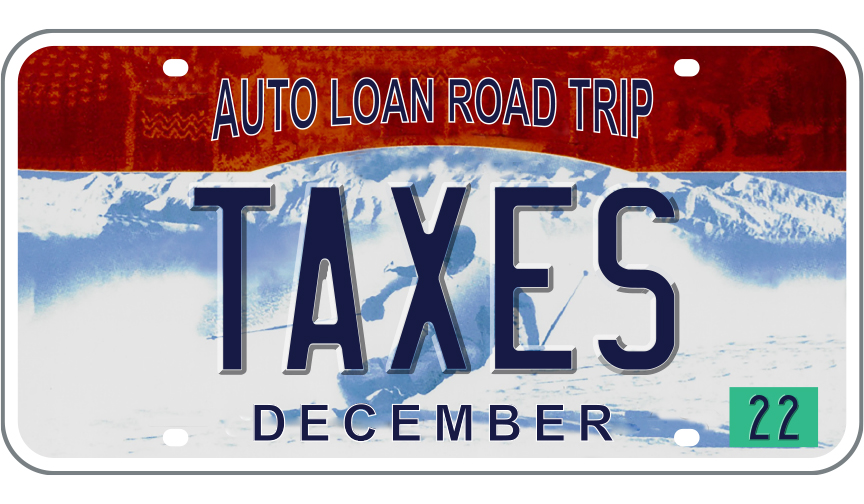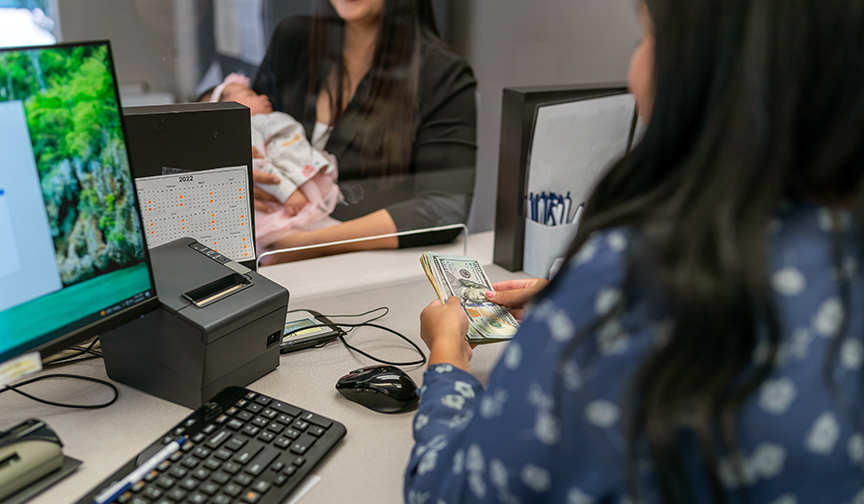 Whether you’re buying a preowned vehicle from a dealership or a private seller, asking the right questions can help ensure you’re making a smart purchase. Here are five things to ask about before striking a deal on a used car.
Whether you’re buying a preowned vehicle from a dealership or a private seller, asking the right questions can help ensure you’re making a smart purchase. Here are five things to ask about before striking a deal on a used car.
Warranty Status
It’s always a plus when a vehicle comes with warranty coverage — but this isn’t always the case with preowned cars, especially the older the car is. Ask if the vehicle is being sold “as is” or if it’s covered by a preexisting warranty. If it’s still covered, find out when the warranty expires and if coverage will transfer to you as the new owner. This might require you to look through the warranty papers or contact the warrantor for more information.
Ownership History
Find out how long the seller has owned the vehicle. If they didn’t buy it new, they may not be able to give you its entire history. In that case, see if they know how many previous owners it’s had. If the vehicle has had a few different owners within a short period of time, there could be a reason nobody wants to hold onto it. It may also be a good idea to get a vehicle report (from CARFAX or AutoCheck, for example), as it may provide you with information on past ownership and accidents. It can be easier to get this report if you’re shopping for a used car at a dealership. If you’re buying from a private seller, you may need to purchase the report on your own.
Maintenance History
Get an idea of what shape the car is in by asking if the vehicle has been in any accidents, what repairs or customizations have been made to it, and when it was last maintained (including tune-ups, oil and tire changes, when the brakes were last checked, etc.). You can also ask if the vehicle has any maintenance documents you can look at.
Sure, asking these questions can help you decide whether or not to buy a car — but it’s also just a good idea to know as much about your new vehicle as possible. After all, someone could ask you the very same questions if you ever decide to sell it in the future. The more prepared you are to answer a potential buyer’s questions, the more confident you’ll be selling it.
Standard Tools & “Extras”
It can be easy to forget to ask the seller about these items. Find out if the vehicle comes with any spare keys, floor mats, the owner’s manual, a spare tire and jack, or anything else that comes to mind.
Vehicle Title
Ask to see the vehicle's title. This will allow you to see if the title is branded and can also help you verify that the seller is the rightful owner of the car. Take this opportunity to make sure the information on the title matches the vehicle you’re looking at, including the make, model, year, and VIN.
It's a red flag if the seller refuses to show you the title or says they don’t have it. Generally speaking, the only time it’s acceptable for the seller to not have the title on hand is if there’s a lien on the vehicle (for example, there could be a lien on the vehicle if it's been financed through a bank). While there are other legitimate reasons that the seller may not have the title — such as having been lost, stolen, or destroyed — it’s their responsibility to obtain a replacement.
According to the Utah Division of Motor Vehicles (DMV):
“It is unwise to rely on a seller’s promise to ‘get the title to you.’ Although Utah law requires a seller to provide a title within 48 hours of the transaction, a common-sense approach is to obtain a title at the time of sale, or wait to pay for the vehicle until the seller can provide the title. Without a negotiable title, you cannot title and register the vehicle in your name” (DMV.Utah.gov).
More Information
For further guidance on what to watch out for when buying a used vehicle, contact the Utah DMV or visit them online at DMV.Utah.gov.
You May Also Like
These Related Stories

Getting a New Car? Here's What To Know About Sales Taxes.

What To Know About Vehicle Titles


